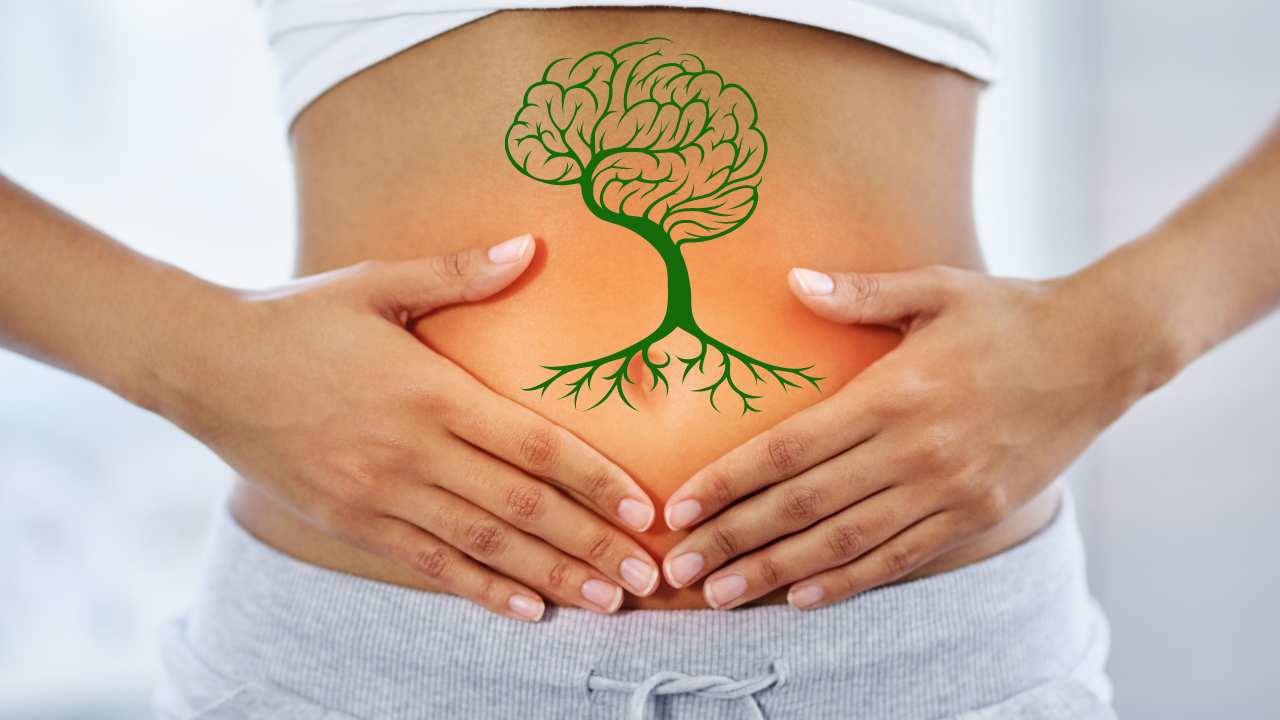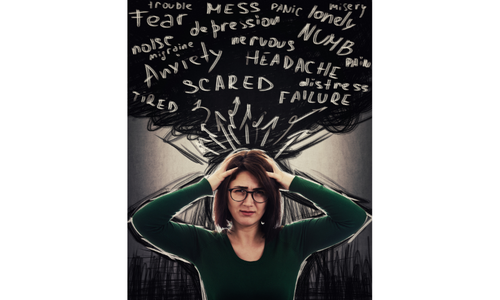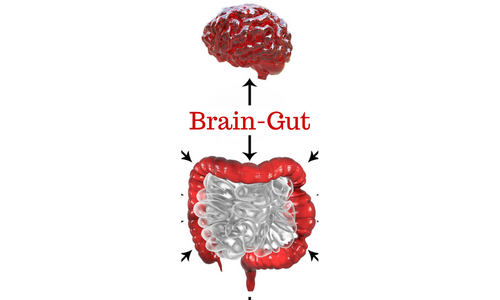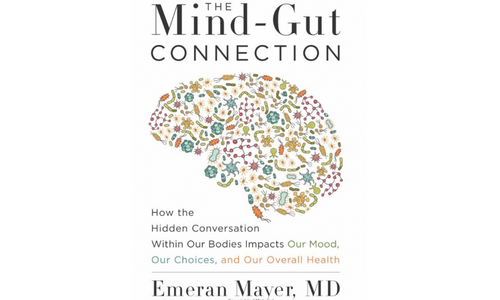Food Addiction And The Mind-Gut Connection

Issue No. 32 | Brought to you by the Addiction Reset Community – ARC
Unlocking the secrets of processed food addiction and guiding you to find freedom from food and weight obsession.

Have you ever had a "gut-wrenching" experience? Do certain situations make you "feel nauseous"? Have you ever felt "butterflies" in your stomach? We use these expressions for a reason. The gastrointestinal tract is sensitive to emotion. Scientific studies now reveal that emotions such as anger, anxiety, sadness, elation, dd others, can trigger symptoms in the gut.

Research shows that the brain has a direct effect on the stomach and intestines. For example, the very thought of eating can release the stomach's digestive juices before food gets there. This connection goes both ways. A troubled intestine can send signals to the brain, just as a troubled brain can send signals to the gut. Therefore, a person's stomach or intestinal distress can be the cause or the product of anxiety, stress, or depression. That's because the brain and the gastrointestinal (GI) system are intimately connected.

Early childhood events
According to Dr Emeran Mayer, author of the book “Mind-Gut Connection”, early mothering styles and adverse early childhood events can also negatively impact the brain, both psychologically and physically. Studies reveal that adverse early childhood events cause those individuals to be at a much higher risk for a wide range of medical and psychiatric illnesses. While some individuals may be resilient to these negative effects, more vulnerable children, such as those with a family history of psychiatric illnesses including addiction, are more at risk.

Research by Dr Mayer and others studying this field, reveals the direct connection between the brain and the gut. While the brain takes 18 years to reach maturity, the gut microbiome is developed in the first three years of life. A life event experienced by children under 3 years old, can alter the composition of the gut microbiome.
Early life events may begin during pregnancy, with the stress and food choices of the pregnant mother compounding the impact on the gut composition of the child.
Processed food and the mind-gut connection
When we eat processed food, it changes the population of the micro-organisms in the gut. Given the connection between the gut and the mind, processed foods can directly impair cognitive functions causing conditions such as brain fog, mental fatigue and loss of memory. This is also the mechanism through which processed foods can impact moods or aggravate feelings of anxiety or depression.
Although the early architecture of the gut microbiome happens within the first 3 years of life, gut composition factors are affected by influences in the brain and by the food that you eat. When you eat processed food, you’re potentially feeding harmful microorganisms and decreasing the beneficial microbiome in the gut. This imbalance can lead to increased systemic inflammation resulting in a myriad of illnesses. Experts agree that processed foods are more harmful to the gut than cocaine, nicotine or marijuana.
For many people, the solution to healing or managing their gut and gut-related illnesses, both physical and mental, maybe in the elimination of processed foods from the diet, long-term. But for those who are struggling with processed food addiction, long-term abstinence from processed food is extremely difficult without the proper support.
Find a processed food addiction recovery support program that is rooted in scientific research, where the mind-gut connection is fully understood and addressed.

Within the Addiction Reset Community (ARC) our members and their journeys are important to us. We find their stories inspiring and hopeful for everybody in health recovery.
“In the ARC, I finally feel like I have enough time to learn what to do. In other programs, I've been pressured to be perfect right away. I felt like a failure and I quit. In the ARC, I'm able to see all the things I do well. I love coming to the daily video chats (some even with Dr Ifland herself). I look forward to the pleasure of learning and growing in an atmosphere of approval.”

Many people reach out to Joan asking for advice and assistance on how they can begin their recovery journey.
Dear Joan
What are your thoughts on caffeine? Do I need to eliminate it?
Joan responds:
Caffeine is extremely addictive and causes such dysfunction that it has its own diagnosis criteria in the Diagnostic Manual for Mental Illness. These include caffeine withdrawal, caffeine intoxication, caffeine-related anxiety, and caffeine-related disordered sleep. If you would like to live a life free of processed food addiction and its harmful side-effects, then caffeine is one the substances you may want to abstain from.
DISCLAIMER:
Dr Joan Ifland (PhD) is a global expert on the subject of processed food addiction and is not a medical doctor. Information and response shared in this Newsletter are not intended for, and should not be construed as medical advice.

Do you have a question? Reach out to us with your questions about food addiction and recovery at gethelp@foodaddictionreset.com
Are you showing signs of Processed Food Addiction? Take this self-quiz to find out now!
Recent copies of Dr Joan Ifland's Blog:
Issue 01 | Issue 02 | Issue 03 | Issue 04 | Issue 05 | Issue 06 | Issue 07 | Issue 08 | Issue 09 | Issue 10 | Issue 11 | Issue 12 | Issue 13 | Issue 14 | Issue 15 | Issue 16 | Issue 17 | Issue 18 | Issue 19 | Issue 20 | Issue 21 | Issue 22 | Issue 23 | Issue 24 | Issue 25 | Issue 26 | Issue 27 | Issue 28 | Issue 29 | Issue 30 | Issue 31

